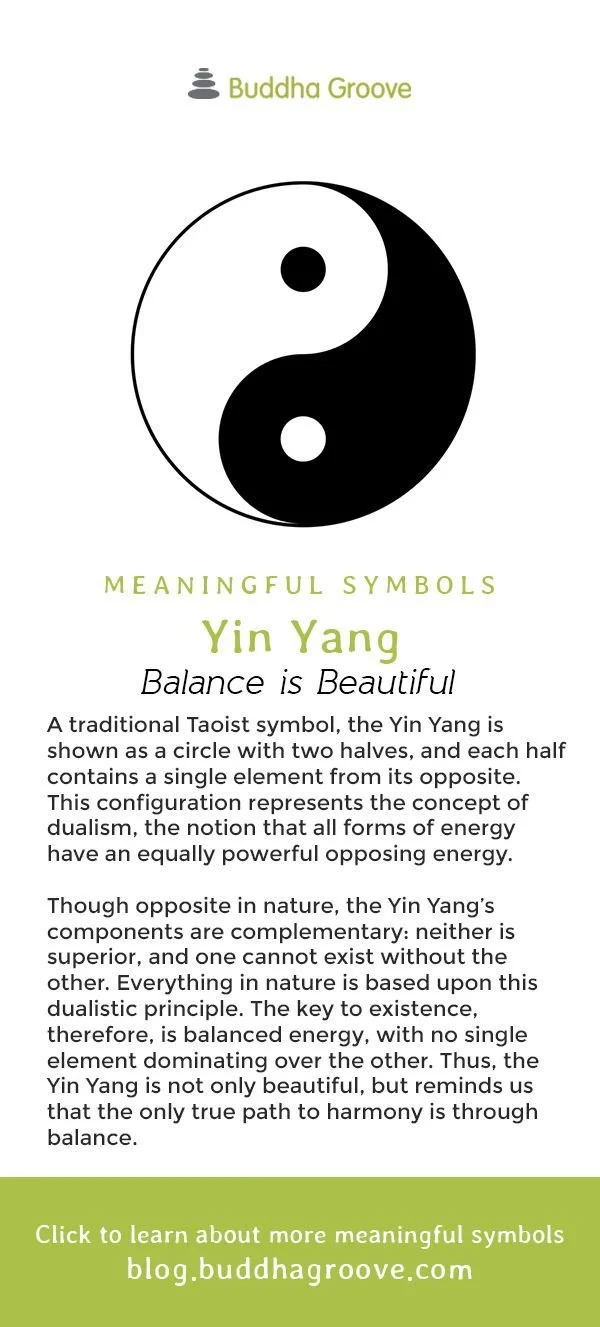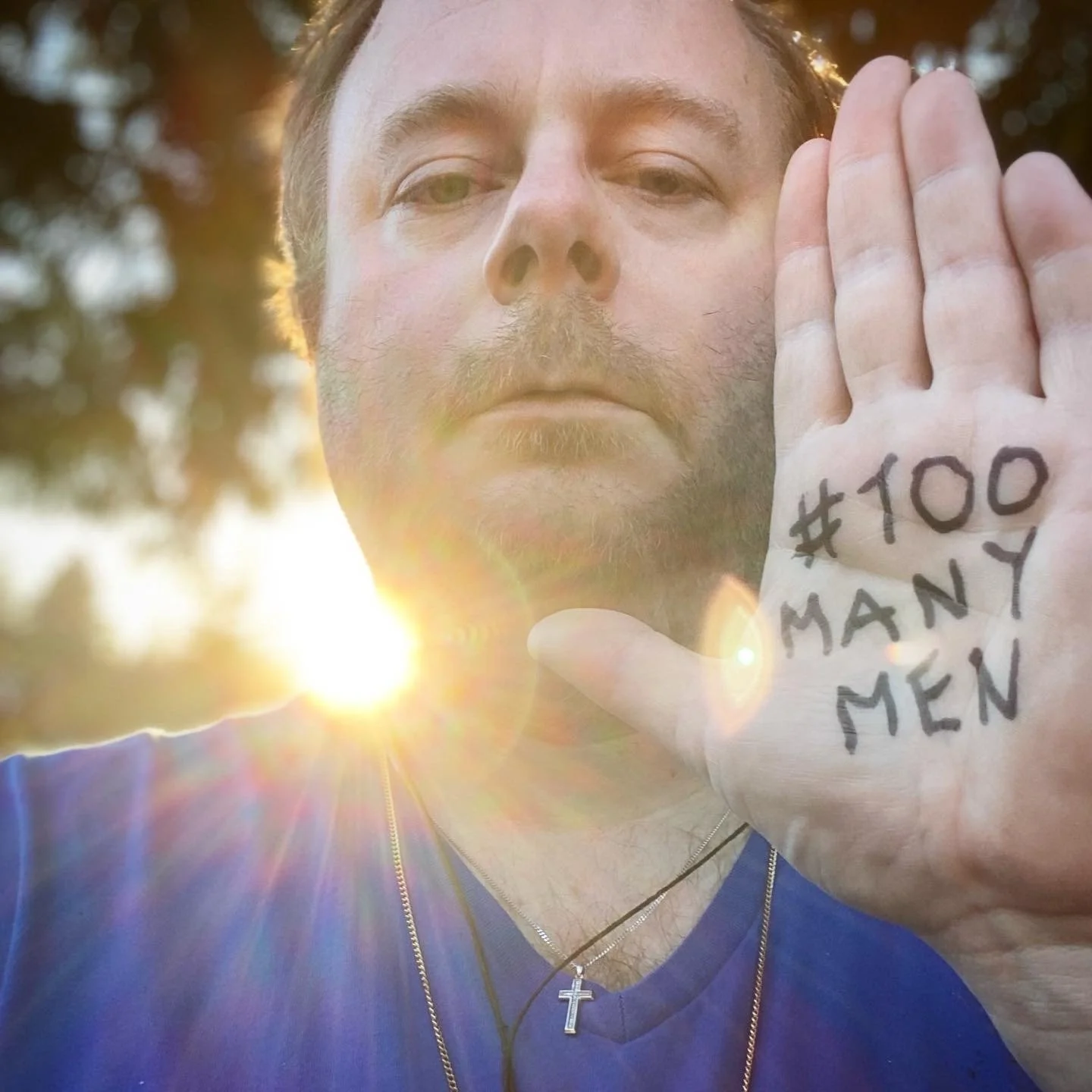Sections 7-12: Sexism
This section delved into the history of women and the feminist movement, which is over 400 years old.
Section 8: Self Inventory & Definitions
Do you think it is better to be a boy (man) or a girl (woman)? Our western society, with its deeply engrained Eurocentric roots, is built to favour men. Some factors for this include:
the idea that men are biologically stronger than women;
the idea that men are the protector of and provider for the family;
the fact that most men are paid more money for the work that they do than women are;
the idea that men can go about their day without facing sexual harassment (see the video about Emily Ratajkowski and her new memoir, MY BODY, linked to below);
the idea that men can go for walks at night, as well as to bars, nightclubs, and pubs without the fear of ending up in a situation where they could be assaulted and raped;
the idea that men can go on dates without the fear of ending up in a situation where they could be assaulted and raped;
the idea that men who are confident in their sexuality can be known as a “stud” by sleeping with many partners, and also be revered for it (whereas a woman who is confident and sleeps around is denigrated, and called a “slut,” or “whore”);
the idea that men can chose not to have children and not have their masculinity questioned;
the fact that religion usually favours males over females, by controlling what women can do and wear, while also having male God(s); and
the fact that language used in society is constructed to favour the identification of males in society (ombudsMAN, fireMAN, mailMAN, MAN in the moon).
After constructing this list, I was saddened to find online a checklist of 100 different ways that men can be privileged in society, by Julian Real, and re-published by the Project Humanities at Arizona State University. A similar checklist called 30+ examples of male privilege was published by Sam Killermann on the It’s Pronounced Metrosexual website. Sarah Poet also notes, in her TEDx Talk, Consciously Reclaiming the Feminine and Masculine Within Each of Us, how the inception of this patriarchy that I’ve just described (which Poet defines as a “…social system that defaults power and authority to men”), happened around 10,000 years ago. She also notes that at this same time, how:
“…the Sacred Feminine, the archetype, was systematically suppressed… wasn’t valued, and… was even seen as a threat, and what happened is, you and I have all been defaulting to the masculine first ever since.”
Another issue that often arises is the fact that many men simply don’t see or understand that they are in a position of privilege in society, an idea which was explored by Fiona Smith for The Guardian in her June 2016 article called, ‘Privilege is invisible to those who have it’: engaging men in workplace equality’, where she notes how:
“When it comes to advancing women in the workplace, one of the biggest hurdles is men’s lack of interest. According to American sociologist, Prof Michael Kimmel, men can’t see what the issue is. They don’t see the advantages conferred by their Y chromosome.”
Finally, I was saddened to listen to Scott Miller, a Batterer Intervention Specialist, in his 2016 video on Male Privilege: Understanding the Power and Control Wheel, describe how some men justify abusive behaviours against women from a position of privilege, which has them believe they are superior to women. Specifically, Miller states how: western society, with its deeply engrained Eurocentric roots, is built to favour men. Some factors for this include:
“…it’s the notion that, as a man in a relationship with a woman, I believe that I get to dominate you, control you, and use physical violence if necessary to get you to submit to me because literally the privilege goes right to the core of that man’s identity, and he will fight for that to hold on to that, as if he’s literally fighting it to hold onto himself.”
Do you think it is better to be a boy (man) or a girl (woman)? (Continued..) I listed a lot above concerning the fact that societies have traditionally been patriarchal ones, but I haven’t addressed eastern cultures (which can have their own problematic assumptions and rules), nor have I addressed the question of whether it is better to be a boy / man or a girl / woman. I’ve wanted to avoid this in part because it feels like such a very problematic question, as if trying to make a claim that one is better than the other might get me into hot water or something.
Ultimately, I don’t think it is better to be a boy or a girl. Both are needed. Like the description given in the graphic on this page for the Yin-Yang, symbol: “…neither is superior, and one cannot exist without the other.” Simon Brown, on an article called “Yin Yang Explained”, posted on his website, Chi Energy, notes how, “When Yang is the strongest, it contains Yin.” And, “When Yin is the strongest, it contains Yang.”
Have you ever thought about being a boy or a girl? I have thought a lot about what it means to be a boy, or a man. I’ve thought a lot about the privileges I have, especially in light of the “me too” movement. As an emerging artist, I’ve also learned about the concept of the male gaze, a term first coined by art critic John Berger in his BBC television series and companion book, Ways of Seeing, and later expanded upon by film critic Laura Mulvey. Essentially, the male gaze argues how men serve as the watcher, with women serving as the objects that are looked at (or consumed, if you look at how imagery of women is bought and sold, be it in any number of magazines to content that exists on the internet).
What would be the benefits? I think each person needs to find balance within themselves, to walk a middle way between the traits that make both men and a women strong. To find balance between what is known as the divine feminine and masculine as archetypes in order to achieve wholeness. These archetypes aren’t gendered, but as Sarah Poet reminds us, in her TEDx Talk, Consciously Reclaiming the Feminine and Masculine Within Each of Us, these archetypes exist as potentials that compliment each other, they are energies that exist within each of us.
Section 8 (Continued): Definitions Related to the Topic of Sexism…
Sexism: PREJUDICE + POWER… A system of oppression which privileges men and discriminates against women.
Oppression: Pressing down, holding down so we can take power above - a prolonged cruel or unjust treatment or control.
Patriarchy: A system of society in which men hold the power. A patriarchal system is a male dominated system, that favours men, where men control more things, and things are harder for women.
Privilege: An advantage granted to a particular person or group.
Feminism: The political theory and practice to free all women. Where everyone is entitled to their human rights, and are treated fairly, and equally.
Sections 9-11: US Herstory / Early Feminists / the 19th Amendment
The next three sections delved into the history of feminism in the United States of America.
I don’t want to reference everything in the course in these blog posts. They’re mainly for me to work through the self inventory questions the course poses in each topic of discussion. So, if you’re reading this, you should take the course, and do the self inventory questions and watch the rest of the videos related to each section for yourself (and you don’t have to post anything online, as I’m doing here).
To compliment this section though, I’m posting a cool video below that I found and watched, about Rosie the Riveter, who was discussed in this herstorical summary section of this workshop.
Section 13: Sexism - Closing Thoughts
I think it’s very important for people to acknowledge and explore their privilege in society. It’s a part of being more mindful and emotionally aware. That’s why I’m doing this workshop, as it offered me the opportunity to think about and explore these important topics which represent issues that many in society face everyday.
It’s so important to know our place, and how it impacts the world around us - be it other people, animals, plants, the planet itself, and even the universe our planet exists in. By doing this, and by slowing down, and embracing mindfulness, we can become individuals who are more able to cultivate unconditional compassion, excitement, curiosity, gratitude, forgiveness, love and reverence for all life, starting with ourselves.
#TooManyMen
In March 2021, I contributed to a TOO MANY MEN social media photo challenge on Instagram. You can also find the post on my journal.
“Too Many Men” was a hashtag response to a trending hashtag in March 2021, “Not All Men.” Kayleigh Dray, writing for Stylist! Magazine, discussed the response to the “Not All Men” excuse, in her article called “Jameela Jamil just underlined the big problem with that “not all men” argument”.
Anna Matheson, in her March 2021 article for OK! Magazine, explains the TOO MANY MEN hashtag which had popped up at that time, in her article called “What is the #TooManyMen hashtag and why do women not feel safe?”
Bekah Legg, also spoke to the TOO MANY MEN response, for the Sorted Magazine, in her article called “#TOOMANYMEN”.
— End of Part 02 —
LGBTQ+ Inclusion >


